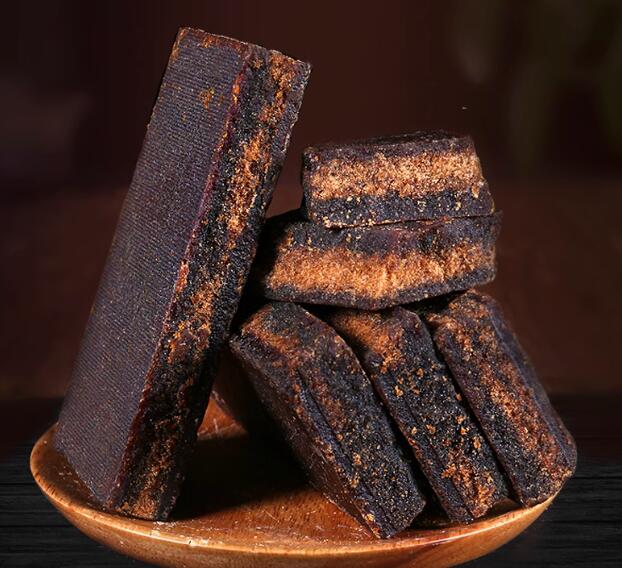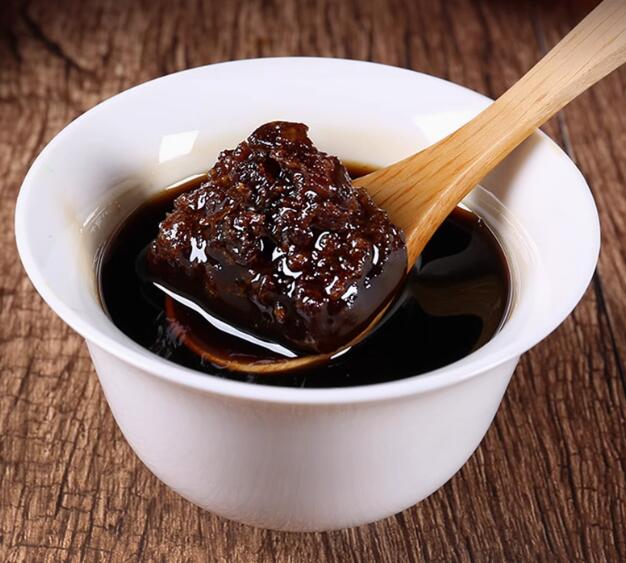Can Diabetics Eat Any Cane Sugar
Good Morning, Friends!
Today, I’d like to share some insights on how to control your blood sugar and explore healthy sugar substitutes. These tips come from my personal journey toward a healthier lifestyle, and I hope they can help you too!

The Link Between Honey and Diabetes
Honey is known worldwide for its sweetness. A diabetic friend of mine loves honey, and here’s why:
- Glycemic Index: Regular sugar has a higher glycemic index than honey, meaning honey causes a slower rise in blood sugar levels.
- Health Benefits: Honey can reduce inflammation and protect cells from damage. My friend says it makes him feel better.
But be cautious:
- Some honey products contain added sugar or syrup. My friend once bought fake honey that was mostly syrup.
- Raw honey can sometimes contain toxins. Another friend experienced diarrhea for days after consuming raw honey.
Cane Sugar: A “Little Troublemaker”
Cane sugar is particularly harmful for people with diabetes. A family member of mine gained significant weight from consuming too much cane sugar and eventually developed type 2 diabetes.
- Health Risks: Excessive cane sugar can lead to weight gain, type 2 diabetes, and heart problems.
- Nutritional Value: Unlike the natural sugars in fruits, cane sugar offers little to no health or nutritional benefits.
Conclusion: People with diabetes should avoid cane sugar as much as possible.
Honey vs. Cane Sugar: Which is Better?
The answer depends on the individual:
- Honey: Contains some minerals and vitamins, but its sugar content is still high. If you enjoy the taste, consume it in moderation.
- Blood Sugar Impact: Both honey and cane sugar have similar effects on blood sugar, so diabetics should limit their intake of both.
- Inflammation: While honey may help with inflammation and free radicals, you’d need to consume large amounts for it to be effective. Don’t rely on honey as a cure-all.
Have you ever wondered if sucrose is safe for diabetics? Let’s dive into this topic with some personal stories
A friend of mine loves sweets—fruits, cakes, candies, you name it. His blood sugar levels skyrocketed, and his doctor warned him that even natural sugars can be harmful in excess. For example, sucrose offers similar nutritional value to refined sugar, so diabetics must be cautious.
My advice to him: “Watch your sugar intake!”
Sweet Alternatives to Try
Here are some healthier options for satisfying your sweet tooth:
- Stevia: My gardening-loving neighbor grows stevia, which she uses to sweeten drinks and tea. It’s natural and diabetic-friendly.
- Coconut Palm Sugar: I tried a snack made with coconut palm sugar at the beach—it was unforgettable! This sugar is derived from coconuts and is worth a try.
- Erythritol, Advantame, etc.: These low-calorie or high-intensity sweeteners are great for cooking. They satisfy cravings without spiking blood sugar.
Can Diabetics Drink Sugarcane Juice?
It depends. A friend of mine used to drink sugarcane juice regularly but stopped after his diabetes diagnosis. His doctor later advised that small amounts are fine if blood sugar is under control. Now, he enjoys it occasionally but monitors his intake.
Better Choices for Sucrose
- Panela or Sucanat: Less processed sugars that retain more nutrients. I’ve tried them, and they’re quite tasty.
- Demerara, Turbinado, and Muscovado Sugars: These are partially refined but still contain natural molasses, giving them a unique, old-fashioned candy flavor.
Sugar can be dangerous for diabetics. A coworker of mine drank excessive fruit juice daily, leading to consistently high blood sugar levels. His doctor explained that the fructose in fruit juice was the culprit.
Why is fructose problematic?
- It’s absorbed differently in the digestive tract, causing blood sugar fluctuations.
- Excessive fructose can lead to fatty liver disease and inflammation.
- Fructose can increase hunger and sugar cravings, making it a significant challenge for diabetics.
Safe Sugar Substitutes for Diabetics
Here are some diabetic-friendly sweeteners:
- Saccharin (Sweet’N Low): My mom used it in cooking, and now I do too. It’s sweet and doesn’t affect blood sugar.
- Acesulfame (Sunett), Aspartame (NutraSweet): These leave a lasting sweet taste and are great in coffee or tea.
- Neotame (Newtame), Advantame, Splenda, Sucralose: These newer sweeteners are highly potent—a little goes a long way. I use them in desserts.
- Stevia (Pure Via, Truvia): A natural, plant-based sweetener that’s both tasty and healthy. I use it in drinks and desserts.
Conclusion
Good news! Diabetics can still enjoy desserts. A baking-savvy friend of mine made me desserts using the sugar substitutes listed above. They were delicious and had minimal impact on my blood sugar due to their low GI value.
Life can still be sweet if you choose the right foods and sweeteners. Take care of your health and make mindful choices!
That’s all for today! I hope these tips help you on your journey to better health. Stay sweet, but stay healthy!
